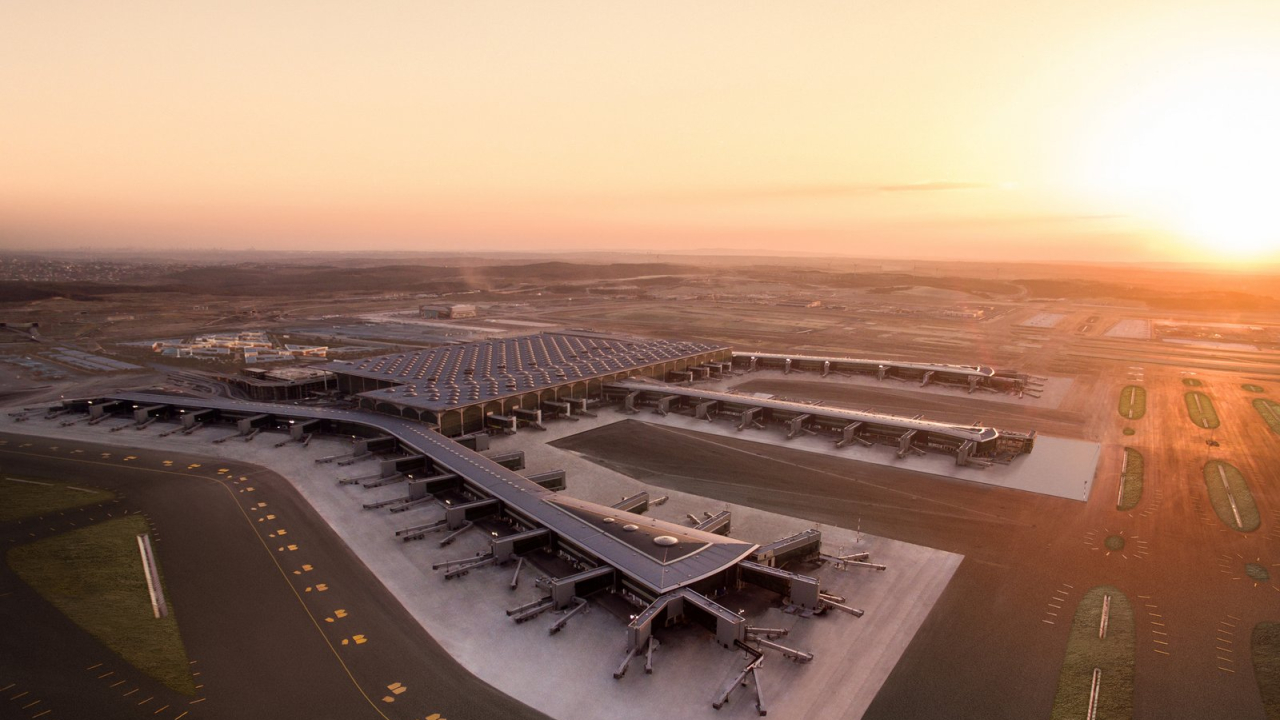UK initiative could help cut pollution at airports

The Code which could be implemented worldwide notes that shutting down an engine during taxi-in operations can deliver reductions of 20 to 40 per cent of the ground level fuel burn and CO2 emissions, and 10 to 30 per cent of ground emitted oxides of nitrogen (NOx) emissions, depending on aircraft type and operator technique. This technique, which would only be carried out when other safety considerations have been assured, will deliver significant improvements to local air quality at airports and reduce fuel burn as well as costs to airlines.
This interim voluntary Code of Practice has been compiled by a group representing airlines, airports, air traffic control, the UK's Civil Aviation Authority (CAA) and A|D|S, the UK's aerospace, defence and security trade body representing aircraft manufacturers. It has been published ahead of the full version of the Code that is expected to be finalised early next year, which will also include advice on the use of airport terminal and ground power rather than running the aircraft's Auxiliary Power Unit; as well as issues such as Continuous Climb Departures; and Collaborative Decision Making to deliver yet more improvements.
Ian Godden, Chairman of A|D|S, the UK's aerospace, defence and security trade body, said:
"Aviation has made great strides in reducing the environmental impacts of an aircraft. For example, today's aircraft is 70 per cent more fuel efficient than its equivalent from 50 years ago, which means it also produces 70 per cent less carbon dioxide. However, alongside technological advancements to aircraft design, better procedures can also deliver significant environmental improvements. This Code of Practice will deliver some of these additional benefits, especially to people living and working around airports through simple, safe, changes in procedures.
"A|D|S is delighted to be helping to drive this important initiative that will help further reduce aviation's environmental impact by highlighting good environmental practices to complement the advances made in aircraft and engine technology by the industry."
Jill Brady, Chair of Sustainable Aviation and Director of Corporate Responsibility at Virgin Atlantic, said:
"The aviation industry is committed to reducing its environmental impact, not just globally but also locally. Improving local air quality and reducing CO2 emissions are key aims for the Sustainable Aviation coalition, which is why we welcome this Code of Practice.
"When safe and operationally feasible to do so, operators are encouraged to implement this technique of taxiing with fewer than all engines running as their standard operating procedure, because it provides real local environmental benefits and fuel burn reductions."
The interim Code of Practice has been produced with the experience and knowledge of all participants to identify steps that could reduce the environmental impacts arising from taxiing aircraft. It is a technical document which is primarily written for pilots, flight planners and airport operators, but may also include advice relevant to other stakeholders.
It recommends that aircraft operators review their Standard Operating Procedures in order to help promote taxiing with less than all engines operating for aircraft taxiing-in from the runway to the airport terminal. Adherence to this technique should then be encouraged as long as all safety and procedural concerns are able to be met. For some aircraft types, advice is available from manufacturers, and the document also recommends that manufacturers are involved in the development of engine-out taxi procedures. Shutting down an engine during taxi-in operations should be planned in advance, and accomplished as early as possible during the taxi to obtain the maximum environmental benefits and reduction of fuel burn.
The participants are:
* A|D|S, representing aircraft manufacturers
* British Airways
* BAA at Stansted, Heathrow and Gatwick
* EasyJet
* the CAA
* Virgin Atlantic
* Manchester Airport Group
* NATS
* Sustainable Aviation
Stay up to date
Subscribe to the free Times Aerospace newsletter and receive the latest content every week. We'll never share your email address.

